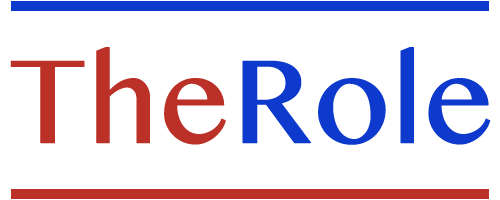Thursday, 31 March 2016
PHILOSOPHICAL FOUNDATION OF CURRICULUM
PHILOSOPHY
word is combination of the Greek word "philas" (love) and "sophia" (wisdom) - love of wisdom
Major of Philosophies:
1. Idealism
# the search for truth and values that will stand the test of time
# stress the important of learning ideas and concept
# believes all students should have at least one teacher who they look up to, so they can learn cultural form.
# in classroom, put a lot of focus on lecture, discussion and imitation
2. Realism
# truth emanate from both science and art
# highly recommend the use of investigation and senses in order to learn
# focus on the physical world , arguing the reality, knowledge and value exist independent of the time
# teacher believes in the importance of experimental learning
# in order to learn, student have to take hands-on approach
3. Pragmatism
# referred to as experimentalism, based on change process and relativity
# truth is no longer absolute and universal
# focus on ideas of change
# believe that knowledge represents an exchange between the leaner and the environment
# in school, they put more focus on carefully solving problems and lesson large amount of information
4. Existentialism
# stress in individualism and personal self-fulfillment
# prefer to free leaner to choose what to study and determine what is truth
# focus on the ideas of existences and essence
# believe in the importance of personal choice and reflection of knowledge.
# in classroom, teachers place emphasis on asking question and discovering one's purpose in life
# students are given the chance to define themselves through how they live their lives.
Educational Philosophies:
* from this chapter, i can know what is major philosophies and educational philosophy. i can choose which one that i will follow and include in my group assignment :)
THE ROLES OF CURRICULUM WORKER
CURRICULUM WORKER
- people who work on curriculum engage in many different types of endeavors
- had the first time approach that appeared both comprehensive and workable
- they are devised to concentrate on students behaviors in devising objectives for a unit to emphasize appropriate learning experience rather than simply identifying content to be covered
The role of curriculum worker:
- coordination of curriculum planning and development
- definition and application of curriculum theory
- design and application of curriculum research
- provision of aid in filling in-service needs of staff
Sunday, 20 March 2016
FOUNDATION AND DOMAINS OF CURRICULUM AND PEDAGOGY
CURRICULUM
- the subject comprising a course of study in a school or college / what we teach
Definition of curriculum:
- the "content" or "subject matter" of instruction - the content are includes the whole range matters in which the student is expected to gain some knowledge and competence.
- all the experiences that individual learners have in a program of education.
PEDAGOGY
- the method and practice of teaching, especially as an academic subject or theoretical concept / how we teach
Definition of pedagogy:
- art, science or profession of teaching.
- the exploration of effective teaching and learning strategies.
- places the students in a submissive role requiring obedience to the teaching instruction.
- based on the assumption that learners need to know only what the teacher teaches them.
CURRICULUM MODEL
Monday, 7 March 2016
My Self.. My Goals.. My Philosophy.. 😉
i would like to introduce myself. my name is NORFAWAZIEYANAH AZIRA BINTI MOHD SALIM. i live in MEMBAKUT, SABAH. i am currently studying in UNITAR KOTA KINABALU, SABAH in BACHELOR OF EARLY CHILDHOOD EDUCATION. i LOVE CHILDREN so much. that why, i choose this course to HELP ME KNOW ABOUT EARLY CHILDHOOD MORE DEEP.
everyone have their own goals in life including ME. my goals is TO LEARN MANY THINGS ABOUT EARLY CHILDHOOD while still studying here. after FINISH my studies, i will FIND WORK IN ANY CHILDCARE, NURSERY or PRESCHOOL. i will GAIN SOME EXPERIENCE from there first before ESTABLISH MY OWN CHILDCARE. if i CANNOT ACHIEVE the goals to establish my own childcare, i will BECOME TEACHER in any NURSERY, CHILDCARE or PRESCHOOL to GAIN MORE KNOWLEDGE and EXPERIENCE.
philosophy ? every conscious person has a PHILOSOPHY. individual philosophy can be simple, developing and WELL-DEVELOPED. philosophy are required SELF-AWARENESS, a desire TO UNDERSTAND and the will TO LEARN. it also some word that can you GO FORWARD when LOST HOPE. my philosophy is 'KEEP CALM, NEVER GIVE UP'. this means WHATEVER HAPPEN, do not GIVE UP. even if you feel UNABLE to FACE THE PROBLEM, do not GIVE UP. take a deep BREATH and CALMLY CONFRONTED.
Subscribe to:
Comments (Atom)





